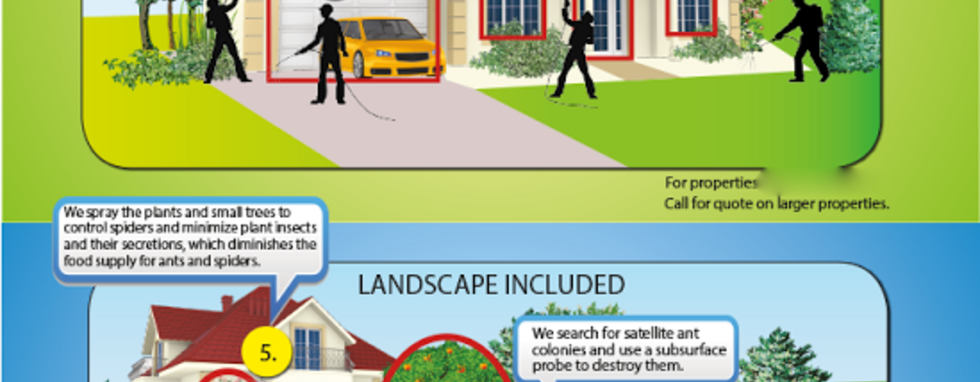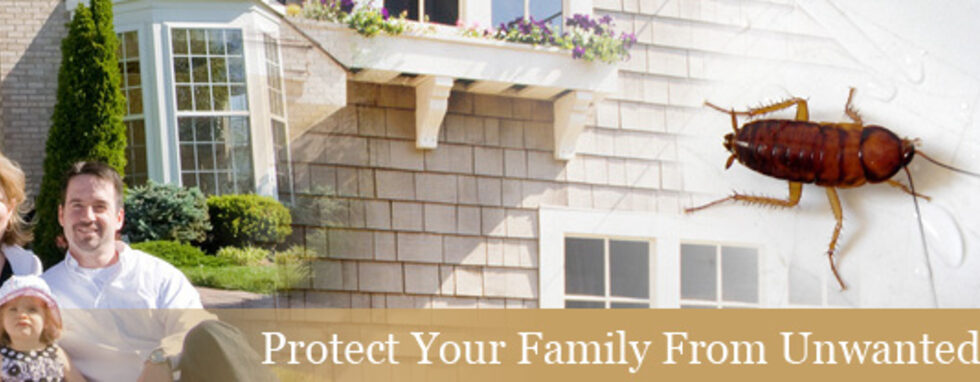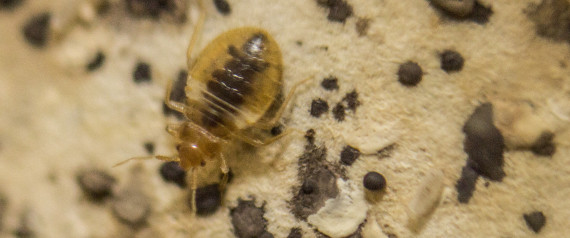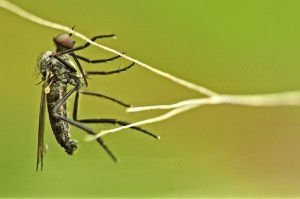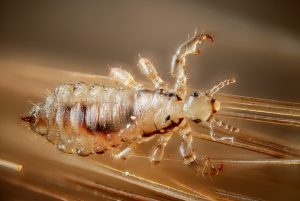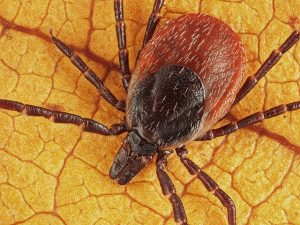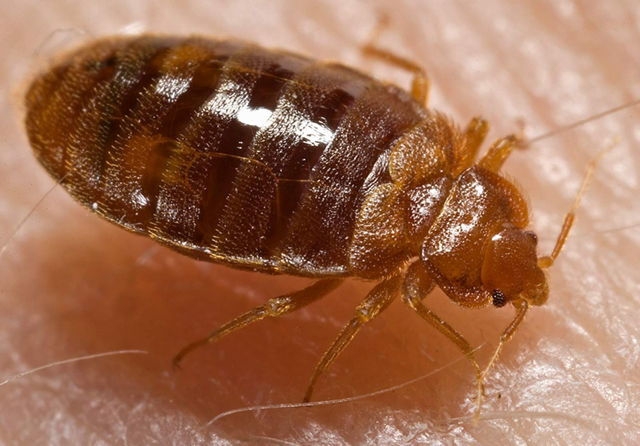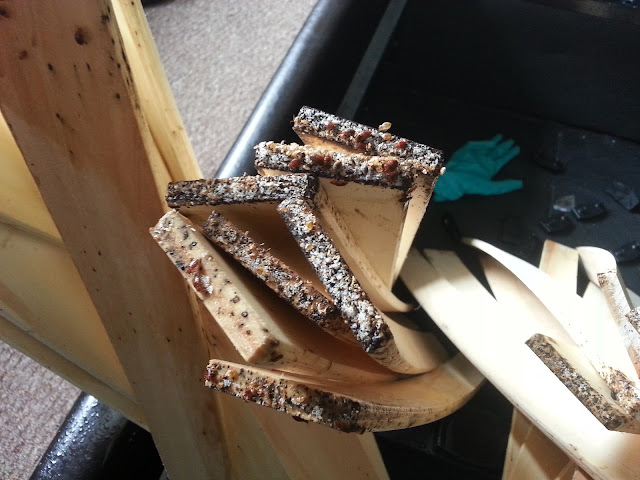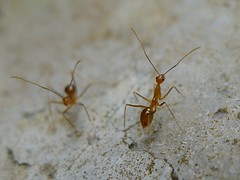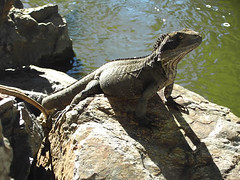How to Keep the Ticks and Mosquitoes at Bay
After long cold period summer will be soon arriving. And while people relish in the warm weather and sights and smells of the season, they also must contend with the pests of the season. Bugs can be frightening as they buzz around a picnic and ants can become a major annoyance if they find an opening into the home. Then, there are other common summer pests that can be much more than a nuisance – those like ticks and mosquitoes that can transmit disease.
Certain species of ticks can carry Lyme disease and mosquitoesare known to spread West Nile virus and encephalitis. Even more alarming is the fact that there has been an increase in cases of both Lyme disease and West Nile Virus across the country in recent years.
In 2012, the Centers for Disease Control and Prevention (CDC) reported 5,387 human cases of West Nile Virus, 243 of which were fatal. This reflects one of the biggest outbreaks of the virus in the United States and the deadliest year on record.
And in April, a new study published in the journal CMAJ Open found that Lyme disease rates are rising in the Northern U.S., with a significant increase seen in 21 states between 1992 and 2007.
These illnesses can be severe and sometimes fatal, but there are steps people can take to help protect themselves from coming into contact with these pests:
Ticks
- Wear light-colored clothing – Ticks, especially the Blacklegged deer tick which can carry Lyme disease, are found in wooded areas and like to climb tall grasses to wait for a passing host. When in a wooded environments, wear light-colored long pants, long-sleeve shirts and closed-toe shoes to prevent ticks from biting the skin. Light-colored clothing makes the ticks easier to spot if one decides to hitch a ride.
- Use bug spray– DEET is the active ingredient in many insect repellents and is an effective way to deter ticks and other pests when outside. Bug spray containing at least 20% DEET is recommended.
- Make your property unattractive – Keep your grass cut. Ticks prefer to hide in tall grass and wait for a passing human or animal.
- Check for ticks – After being outdoors, inspect yourself for ticks. They are fond of warm body parts such as the groin and armpit, so be sure to check all areas. Also, don’t forget to check your pets for ticks if they have been outside. Pets can easily pick up ticks, which can then be transferred to other family members once inside the house.
Mosquitoes
- Eliminate breeding grounds – Mosquitoes only need about ½ inch of water to breed. Eliminating areas of standing water around the home such as flowerpots, birdbaths and baby pools can greatly reduce the number of mosquitoes in the area.
- Be aware of the time of day – Between dawn and dusk is peak activity time for mosquitoes. Minimize outside activity during those times to prevent mosquito bites.
- Watch what you wear – Mosquitoes are attracted to specific characteristics of clothing such as dark colors and floral prints. Avoid wearing sweet-smelling perfumes and colognes, which could also attract mosquitoes to you.
- Protect your house – Screen windows and doors, and repair tears in existing screens to prevent mosquitoes from flying inside.
These tips can help prevent bites, but if you think you or someone you know has contracted an insect-borne disease, immediately consult your physician for diagnosis and treatment.
